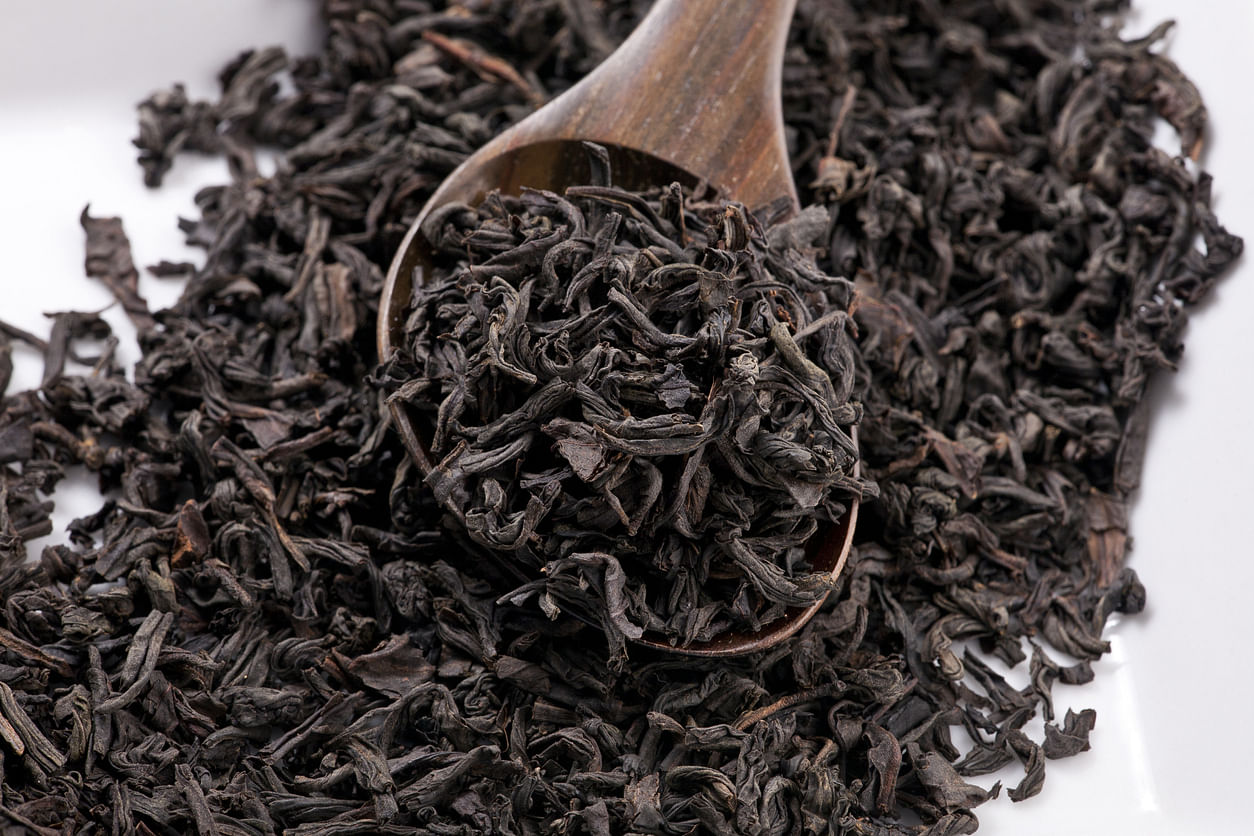
The UPASI Tea Research Institute at Coonoor in Nilgiris district of Tamil Nadu is exploring the possibility of investigating the anti-viral property of Theaflavins-3, a compound abundantly found in black tea and catechins from green tea for control of Coronavirus. The study is being undertaken in collaboration with Tea Board of India through ICMR.
Researchers from Taiwan and China have found that in a laboratory study SARS Cov-2 could be inhibited by compounds that are abundant in teas, CL Shreedharan, Chairman, UPASI Tea Committee, said in a statement here. Numerous black tea polyphenols especially those of Theaflavins-1, Theaflavins-2 and Theaflavins-3 were found to inhibit the SARS Cov-2 replication.
In black tea, Theaflavins-3 was the most abundant (1.05 per cent). Results suggest that Theaflavins might be good starting point for the design of more active inhibitors for SARS-CoV-2 and these compounds are abundant in the extract of black tea produced from the seedling populations belonging to Camellia L SP as well as the cultivars developed by the UPASI Tea Research Institute, he said.
In another recent study, a research group from Indonesia and Thailand studied the secondary metabolites secreted by plants in tropical regions that can be developed as medicines.
They investigated a number of compounds for their potential to inhibit COVID-19.
Conclusion of the study was that along with several compounds catechin, and epicatechin-gallate sourced from Tea (Camellia sinensis) were also the most recommended compounds that may act as potential inhibitors of COVID-19.
The UPASI chairman said it was proved that drinking three to four cups of black tea in a day is associated with lower risk of myocardial infarction and reduced risk of stroke. According to him, it was also proved that drinking black tea, which has Theaflavins content, three times a day had a positive impact on reducing the degree of growth of cancerous cells including breast cancer, skin cancer and prostrate cancer.
However, further research on clinical studies is required to prove the anti-viral property of tea against COVID-19, he added.P